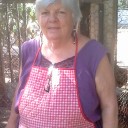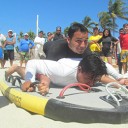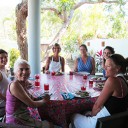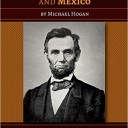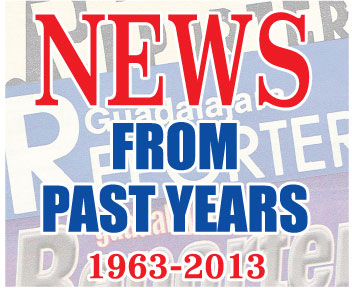Rabbi Abraham Srugo comes from an Orthodox Chabad-Lubavitch Jewish tradition. That means, among many other important religious habits, eating kosher food. Kosher, briefly, is food that has been prepared in keeping with the complicated network of Halakhic laws, based in parts on Leviticus, the Talmud, and Rabbinic law. A large part of the focus of kosher is on eating “clean” food as it has been perceived by Jewish authorities over the course of thousands of years. Major violations of kosher include eating animals not slaughtered to specification, mixing meats with dairy, and consuming seafood that lacks fins and scales.
Srugo lived for a brief time in Mexico City where his father was a Rabbi 30 years ago. “I remember at that time there was nothing. There was no kosher,” Srugo recalls of the Mexican Jewish community there.
Over the years, a few intrepid Mexican rabbis pushed for kosher food and, slowly, they convinced a few suppliers to get kosher certification for dairy products, pareve (non-meat/dairy) and even some meats.
There are hundreds of kosher certifying agencies worldwide. If a food manufacturer wishes to tap into the kosher market, it must contract one of these agencies. The agency sends a rabbi, or in some cases a team of rabbis, to audit the new client’s suppliers and preparation processes and advise them on how to reach compliance with Jewish food preparation laws. If everything is in order, the rabbi in charge certifies the client’s product as kosher, and they are allowed to carry a kosher certified mark, called a hechsher, on their package.
Please login or subscribe to view the complete article.



































